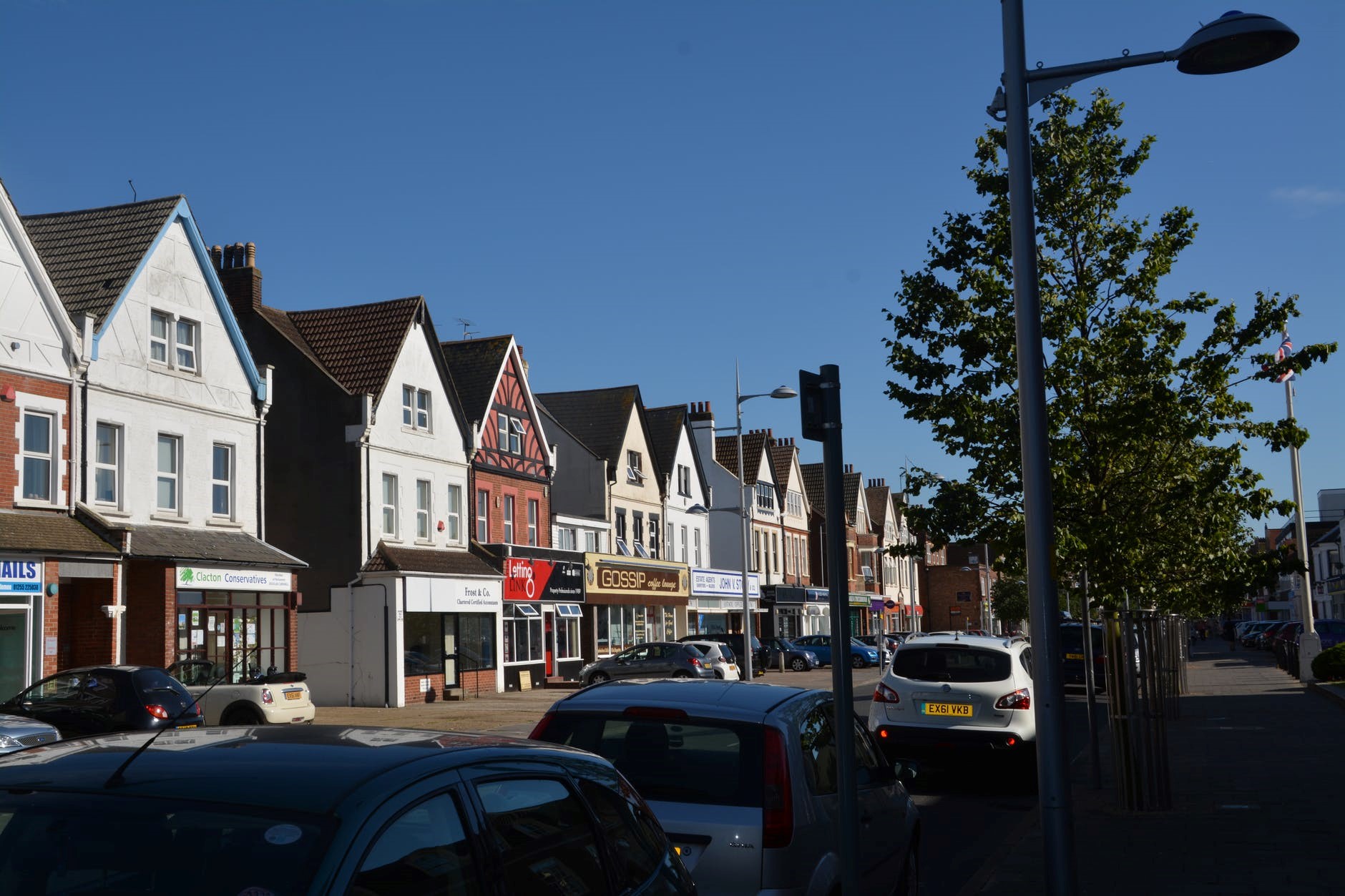The State of the Property Nation report, compiled by Zoopla, provided a fascinating insight into the minds of buyers, sellers and estate agents, revealing what they expected to happen with house prices. The COVID-19 virus has clearly made some sweeping changes to the world, but many of the conclusions made in the report are just as valid now as before the virus emerged.

So, what can we expect to see?
Surging buyer confidence
The report suggests that there will be a marked and definite return to buyer confidence in the market, a sentiment which was slowly starting to build at the start of this year. At the time the report was compiled, around a third of buyers were actively seeking a property and expected to be able to move within the next 12 months. This is a hike of 8% on 2017 figures and supports improved confidence.
Despite these early signs of confidence, all is not yet positive, as almost a third of sellers said they didn’t believe they would achieve their full asking price.
First-time buyers are the largest group in the property market outside the capital and the south-east, making up 40% of the total. For this group, finding the right property isn’t the issue: the barrier is affordability. Half have concerns about being able to save up a sufficient deposit, while just slightly less – 43% – are worried they won’t be able to get a mortgage for what they need. When additional expenses are factored in, such as the house survey cost and solicitor fees, the financial pressure can be daunting.

The need to move to a bigger home was also cited as a common motivation to move, with 39% of buyers hoping to stay in the same area but in a larger property. Young families, in particular, were driven to move house due to the need for more room.
Among older buyers, switching area was more common, with 36% of empty-nesters planning to buy a property somewhere new, often closer to family.
And the mood among agents?
Of course, it’s not just about the sentiment for buyers and sellers; agents have their part to play too. Research showed that there had been an upswing here too, with agents receiving markedly more instructions compared to the previous year. 79% of sellers had instructed a high street agent, a rise of 16% on the previous year and a record for the decade. Even more positive stats followed: completed transactions rose to 66%, up from 51% the year before.
However, although business has been upbeat on the high street, agents are clear about the fact that they need to evolve and change if they want to prosper. Simply being able to help with peripheral advice such as advising on a house survey cost is no longer sufficient to ensure survival. Instead, agents acknowledged the fact that more needs to be done on social media, with digital marketing set to take centre stage.
A number of agents are planning to diversify their offering, reaching out to a broader market online by offering legal services, brokerage and mortgage advice. Around half of all buyers browse for property on social media, so this is an avenue that agents can ill afford to ignore. Nevertheless, many pointed to the need to maintain up to date and accessible portals too, with many customers still using agency websites to assist with their search.
Alongside this online presence, email marketing remains a vital tool for agents to utilise. Almost half of buyers register for new property alerts so they get notified about new homes for sale as soon as they hit the market. Although this is popular everywhere, it’s especially relied upon in London, where there’s fierce competition. Research showed that 64% of Londoners used email alerts to check for new properties.
As part of this need for constant monitoring, many buyers are using property apps. Agents who aren’t yet fully integrated with this type of technology expect for it to become more embedded in both their industry and their own personal business in the short-term future.
Brighter days ahead
While it would be foolish to deny that the coronavirus has had a negative impact on the housing market, there are many signs that the market will bounce back. Being in such a strong position at the start of 2020 has left buyers, sellers and estate agents all keen to get back to winning ways.



